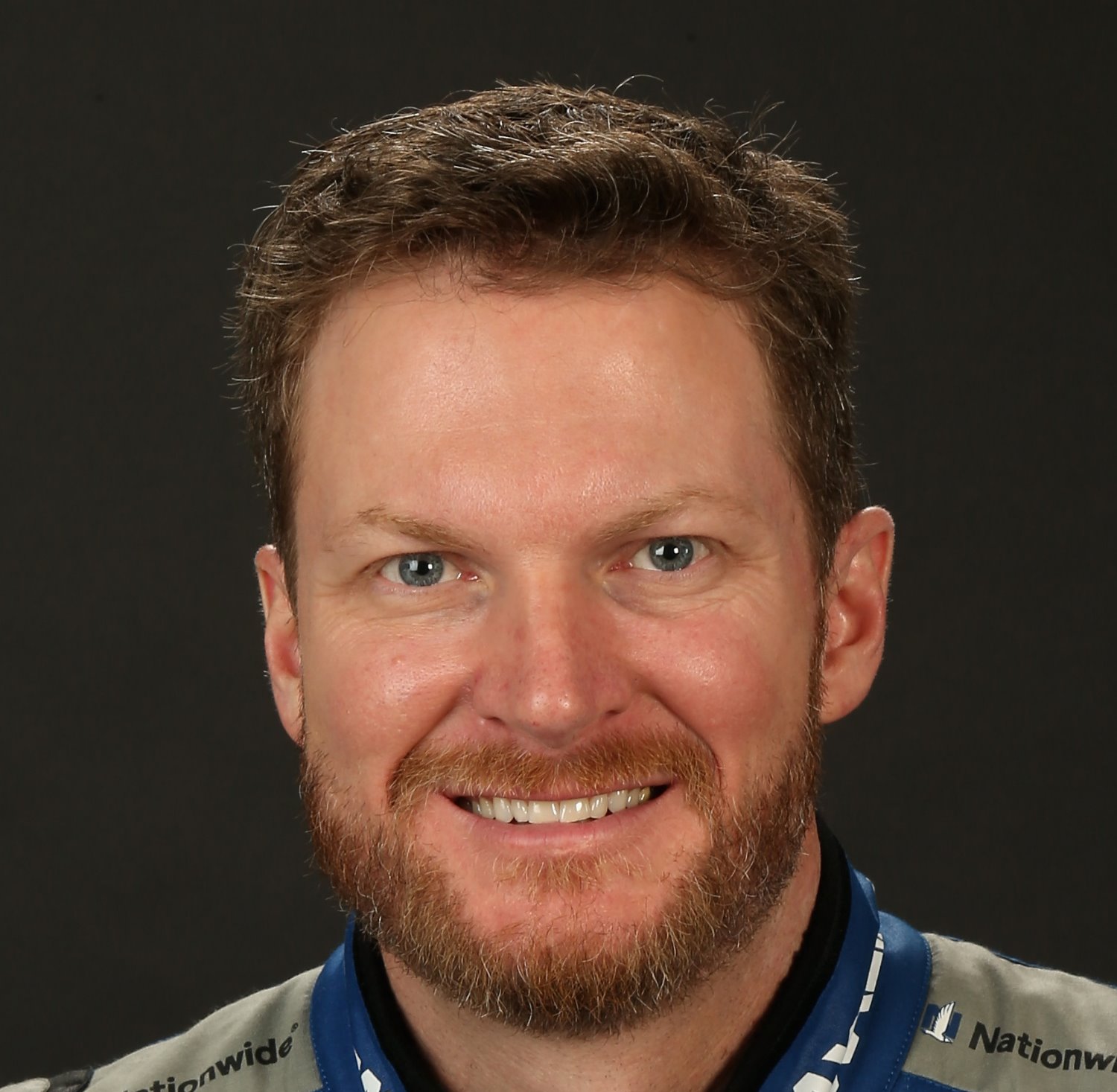Dale Earnhardt Jr. should retire
 |
| Dale Jr. should retire |
Head injuries are something not to be trifled with, the long-term ramifications simply too severe to ignore. Dale Earnhardt Jr. understands these risks all too well, as NASCAR’s most popular driver is continuing to recover from his third concussion in four years and fourth since 2002.
On Friday, Earnhardt announced he will miss the remainder of the current season, which if you take into account the six races he’s already missed, means he will have been sidelined a total of 18 races since last competing July 9 at Kentucky Speedway. His goal, he said in a statement, is to get completely healthy by the start of the 2017 season in February.
"I’m not ready to quit," Earnhardt said Aug. 5. "It’s a slower process, I wish it wasn’t. I don’t know how long it’s going to take.
"This is not my decision, but it’s the right decision and I trust what my doctors are telling me. When they say I’m good to go, I believe them. If they say I’m healthy and I can race, I’m going to race."
It’s a noble decision where Earnhardt is putting his well-being first and foremost, a choice many drivers too often don’t elect when in similar circumstances. To be out of the car for any reason has long gone against the mentality ingrained in NASCAR drivers, where they must race hurt regardless.
But as Earnhardt has demonstrated throughout his recovery, he knows a concussion isn’t an injury that can just be ignored. If he were to sustain another concussion, it would increase the possibility that his later years could be spent at less than full capacity.
Which is why the next big decision Earnhardt should make is to retire.
Forget returning for next year’s Daytona 500. Forget continuing to pursue a Sprint Cup championship. In the grand scheme, these things are inconsequential.
At age 41, Earnhardt could conceivably continue to race at a high level for another five years. Yet, is it worth it? Why? What’s left to prove?
Despite dealing with excessively high expectations and pressure that comes with being the son of one of NASCAR’s legendary figures, Earnhardt has admirably forged his own place within the sport. He’s won 26 premier division races (including a pair of Daytona 500s), contended for Cup titles, is a two-time Xfinity Series champion, started a successful team in NASCAR’s No. 2 series (where he’s played an instrumental role in helping launch the careers of Brad Keselowski, Chase Elliott and others) and is a thriving business owner outside of racing.
With his legacy secure, Earnhardt should worry solely about himself. He is engaged to Amy Reimann and the couple is set to be married over the offseason, and they want to have a family one day — a prospect he has spoken fondly of. Going forward, that should be Earnhardt’s focus. Not coming back from a serious injury only to possibly further endanger himself.
"I look up to him for what he’s doing," Logano said Friday. "I know how hard that is to be out and wanting to be inside that race car, but your life and your health is not worth risking that for this sport. He’s got a long ways to live and I’d hate for him to make the wrong decision and, God forbid, something happened on the race track and that ruins the rest of his life. Life is more than racing and I think he understands that."
NASCAR would undoubtedly miss Earnhardt’s crossover appeal to a large segment of the population who aren’t necessarily enthralled with stock car racing. And accompanied with Jeff Gordon and Tony Stewart recently announcing their respective retirements, NASCAR would have to cope in the short-term with losing three of its biggest superstars in rapid succession.
But so what? That’s not something Earnhardt should concern himself with. As has been proven many times over, no driver is bigger than NASCAR and the sport will ultimately persevere.
What’s most important is Earnhardt’s health. And that health is best preserved by calling it a career right now. Jordan Bianchi/SB Nation
